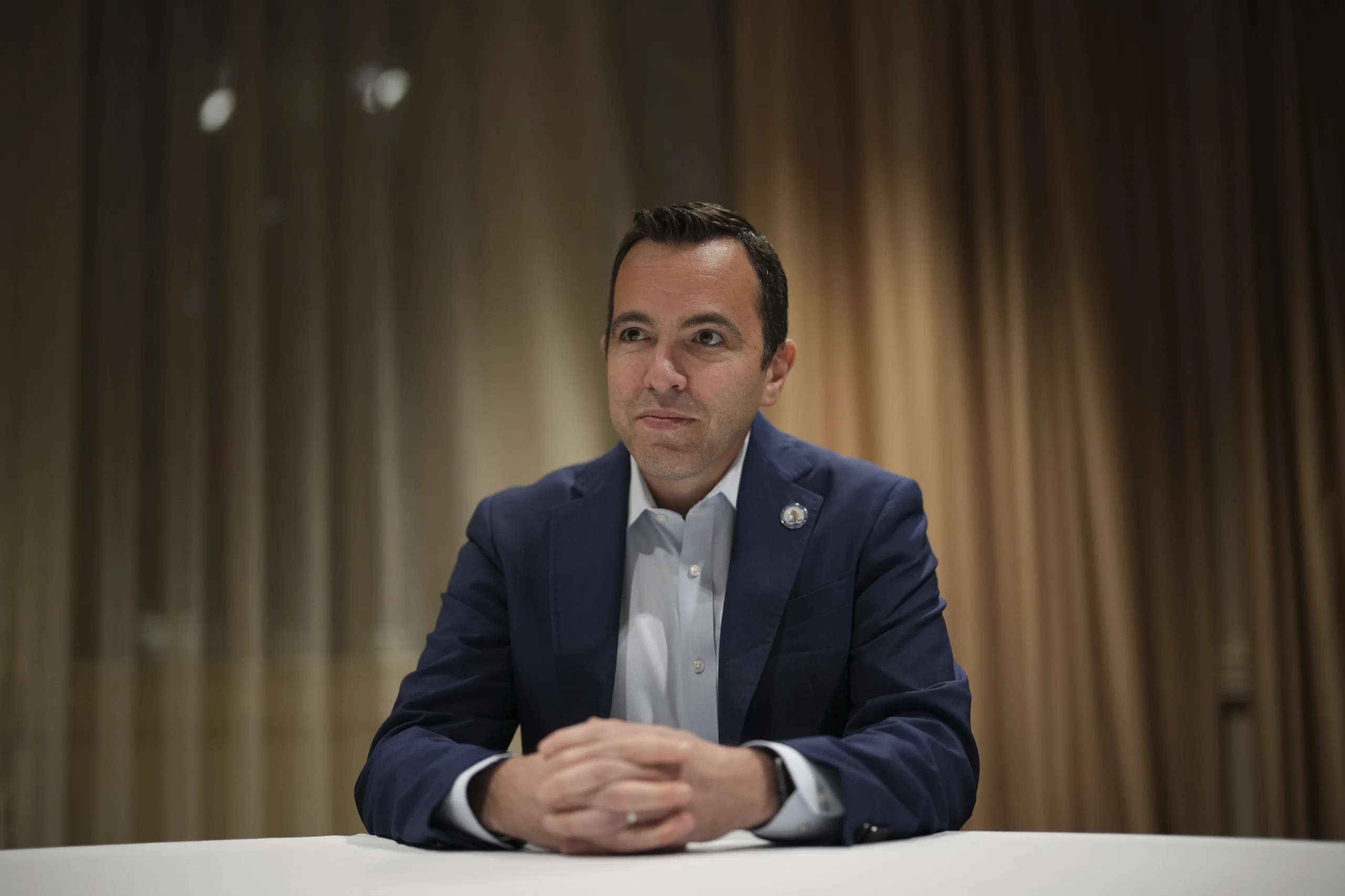Share
Background
In recent years, public and private investigations have revealed that large oil and gas companies, along with their trade associations, knew much sooner than the public about the devastating consequences that fossil fuel overconsumption would have on our planet. For example, a 1979 Exxon research study warned that fossil fuel usage “will cause dramatic environmental effects” and stated “[t]he potential problem is great and urgent.” Instead of publicly acknowledging these realities, several companies launched public-relations campaigns to sow doubt regarding the existence of climate change, its causes, and potential effects. These campaigns aimed to delay climate action that would have hastened a transition away from fossil fuels, leading to a substantial decrease in fossil fuel revenues. Unfortunately, these misinformation campaigns were successful, contributing to the United States’ continued dependence on fossil fuels. This reliance on fossil fuels caused an increase in the frequency and severity of weather-related disasters, increased air pollution, and many other negative impacts that each state has had to face.
While some companies have recently publicly embraced the realities of climate change and have showcased their efforts to move to a carbon neutral future, some are also simultaneously funding trade associations that work behind the scenes to weaken environmental laws and legislation.
The Role of State Attorneys General
Many state attorneys general use their state’s consumer protection laws to hold companies accountable for their efforts to deceive the public by spreading misinformation regarding climate change. Attorneys general have the responsibility of serving as the primary advocate for consumers within their respective states. They derive a significant portion of their enforcement powers from state-level consumer protection statutes, usually referred to as Unfair and Deceptive Acts and Practices Acts (UDAP) or Consumer Protection Acts (CPA). These statutes possess wide-ranging applicability, broadly proscribing actions and behaviors that are unjust, misleading, exploitative, or deceptive.For example, Hawaii’s UDAP statute generally prohibits unfair and deceptive acts and gives the Attorney General’s office of consumer protection the authority to adopt rules to address emerging scams. When an entity that operates in that state violates these laws, the Attorney General may bring an enforcement action against them on behalf of their state and its residents.
Examples of State Attorneys General Actions
Below are some actions that state attorneys general have taken related to climate change and its impacts on their states:
- Former District of Columbia Attorney General Karl Racine sued Exxon Mobil, BP, Chevron, and Shell in June 2020, under the District’s Consumer Protection Procedures Act, for misleading District consumers about the role their products played in contributing to climate change. The lawsuit alleged that by the 1950s, these companies were already aware that emissions resulting from the combustion of oil and gas posed significant and potentially life-threatening risks. In response these corporations initiated a prolonged, expensive public relations initiative spanning decades, with the aim of sowing skepticism and opposition towards climate research.
- Connecticut Attorney General William Tong sued ExxonMobil in September 2020, under the Connecticut Unfair Trade Practices Act, alleging an ongoing, systematic campaign of misrepresentation and deception to hide from the public that ExxonMobil had known for decades that burning fossil fuels undeniably contributed to climate change.
- In October 2022, New Jersey Attorney General Matthew Platkin sued five oil and gas corporations and a petroleum trade association. The lawsuit contends that these entities deliberately disseminated inaccurate statements with the intent to mislead the public regarding the reality of climate change and the extent to which their fossil fuel products contributed to global warming. Further, the lawsuit asserts that the companies’ misconduct played a substantial role in causing the severe consequences of climate change experienced by the state in recent times in violation of state statutes, including the New Jersey Consumer Fraud Act.
The Leadership Center for Attorney General Studies is a non-partisan organization dedicated to educating the public about the important role state attorneys general play in addressing pressing issues, enforcing laws, and bringing about change.


